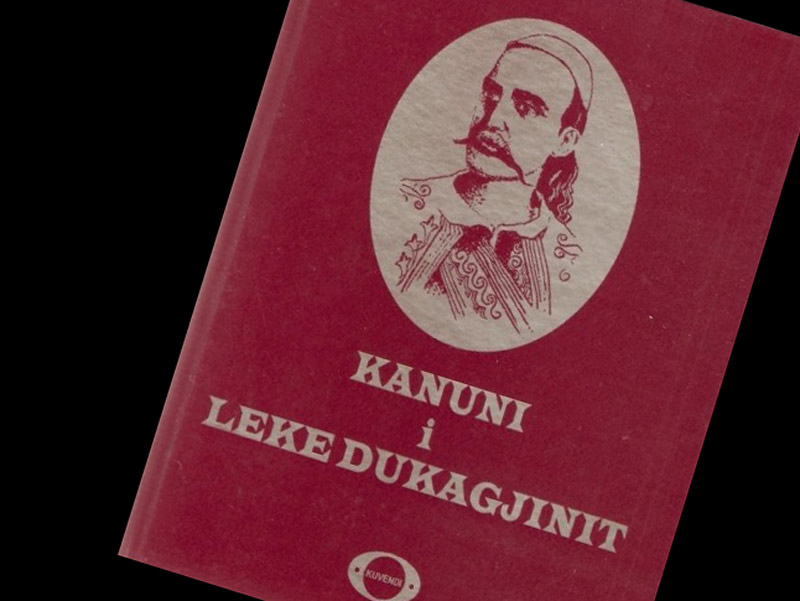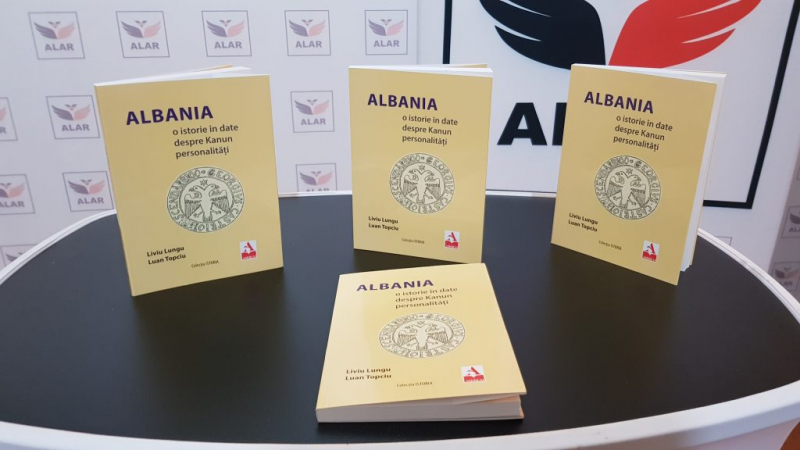Customs
Traditional Albanian laws are referred to as the Kanun or Doke. The Kanun, one of the best known customs in Albania, was mostly an oral tradition; it was just written down and published in the 20th century. In the fifteenth century, the Kanun of Lek Dukagjini (Kanuni I Lek Dukagjinit) was codified.
In other words, the Kanun is a set of traditional and cultural practices that have been passed down orally from generation to generation in Albania, have its roots in the rules of the Illyrian tribe. The four pillars of the Kanun—honor, hospitality, right conduct, and kin loyalty—serve as a roadmap for daily living. The Kanun also includes a code of conduct known as Besa, which requires every Albanian to be able to keep their word and fulfill their life's commitments.
This code of conduct assures that an agreement between two honorable members is carried out to its fullest extent. The Kanun exhorts people to care for and console those in need regardless of their ethnic or religious connections, and it was for this reason that Albanians granted refuge to Jews during the Holocaust in the 1940s.








